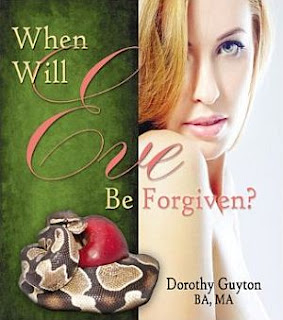For Black History month I hope you watch the movie or read the book The Help. And for those against Critical Race Theory, this movie/book is why people are saying true history it about truth and not hate.
Okay people, I think the movie "The Help" is a must-see movie. A movie reviewer said it the best:
By Betsy Sharkey, Los Angeles Times Film Critic "The Help" is a delicious peppery stew of home-cooked, 1960s Southern-style racism that serves up a soulful dish of what ails us and what heals us. Laughter, which is ladled on thick as gravy, proves to be the secret ingredient — turning what should be a feel-bad movie about those troubled times into a heart-warming surprise."I am from Mississippi and to my surprise, the overwhelming majority of viewers happened to be Caucasian couples. Why was this surprising to me - because the story line was about the help, the hard-working lives of black women living through a severely prejudiced time, eking out an existence with rules that did not allow for any quality of life. The rules were instituted and guarded by whites protecting a coveted standard of living where life was easy; complicated only by how high they could rise in status and wealth.
Let me just say beforehand that much of the debate about this movie is centered on a white character being the heroine of black characters and whether the target audience was the white audience leaving them with a feel-good feeling at the end of the movie. Being from the South, I walked into the theater wondering would the 'help' actually divulge their true thoughts about their employer? Was there a ring of truth anywhere in this dynamic of the Southern woman and her hired help? WOULD THE HELP SPILL THEIR GUTS????
As the theater filled and the audience consisted of a speckling of 6 black people, the question pinged through my brain "How can a white audience watch this show without shame, guilt or some sliver of embarrassment and should there be any?"
One thing that was amazing about the movie was the language used. There were phrases used in a movie (fictional) recreated from a book written about a time we have decided has long passed, that are still said on TBN, in local churches, and yes, Fox News. When I heard these same phrases i.e. "I am a Christian and I would hurt you by helping you financially" there was no way you could have kept me from thinking about the political struggle occurring between the classes of giving the poor too much and trying to take from the rich. I could hear John Hagee shouting Scripture from his televised pulpit saying, "If a man does not work; he does not eat." The movie clearly demonstrated how a man could work and still could not eat; it all depends upon who is calling the shots.
But all of that aside, the biggest revelation or illumination I had was the burning question posed to all of the "Help" - "How do you feel raising white children while someone else takes care of your own children?"
Michele Bauchmann has said, and others have echoed, the breakdown of the black family as the ill of society. People have come to believe the black family is so dysfunctional now and that it was in a better condition during slavery. But what I realized is that for generations it was a black slave or black help raising, nurturing, loving, and yes, during slavery- being a wet nurse and breastfeeding white children. There are generations of adult white children who have been cared for by black women!!! Did those generations of children turn out bad or did they turn out well? Was the true determinate for their success or failure their access to money/wealth or was it the loving hand of the black Mammy that made such a strong generation?
My final question as I rode home from the movie was did anyone truly hear the words coming out of the mouths of the characters? Did anyone hear the pain of the black women and the shear obliviousness of choice in the words uttered by the white people on the big screen?
I am glad the movie was a top grossing movie for more than two weeks. I hope people were laughing at the well-placed humor of living and being as well as the soul crushing ugliness of the human heart. I was pleasantly surprised the movie was true in telling the secrets the races never tell each other. There was not one person who could not relate to at least one character on the big screen. This movie was a glaring exposure of the human condition of heart, spirit, and soul at its worst and its best. I hope we recognized more than our own black Aunt Cill and our black friend Netty depicted in the movie. I hope we could each see ourselves up there doing what was decent and what was right - the hard things that shake and shape this world for the better. I hope we let the movie "The Help" help.








No comments:
Post a Comment